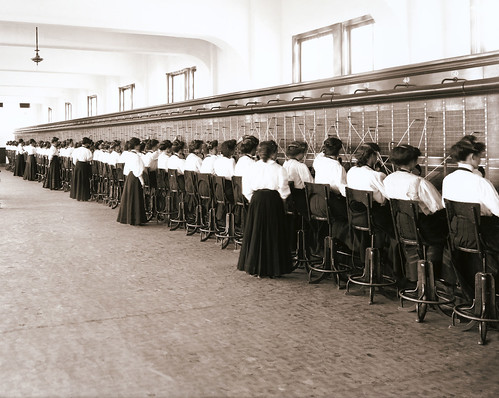
Teenie risked pulling one hand off the metal railing and touching her pocket. The hard lump of the crystal converter was reassuring, so she slipped her hand in, clutching it. The wind was rushing and Jornah was shouting over the screams and shrieks of the plunging shuttle. Another passenger, a stranger, hung upside down from trembling knees, elbow-deep in the access panel behind the dead driver. Jornah was trying to get to him, instruct him on how to initiate the emergency recharge spellcraft, but there wasn’t enough time.
The crystal could save them all, if she gave it up. It would be used in whole, ‘crafted into the carriage by the stranger’s want and will. But Teenie didn’t want to lose it. She’d worked so hard to get it. It could save her, her and Jornah, maybe that terrified boy across the aisle as well. She only had so many hands. And there would be some crystal left over for later. For another emergency—there was always another emergency. Her grip slipped a little and she had to retract her hand to grab the rail, to readjust.
She didn’t realize it had fallen out until the decision was made.









